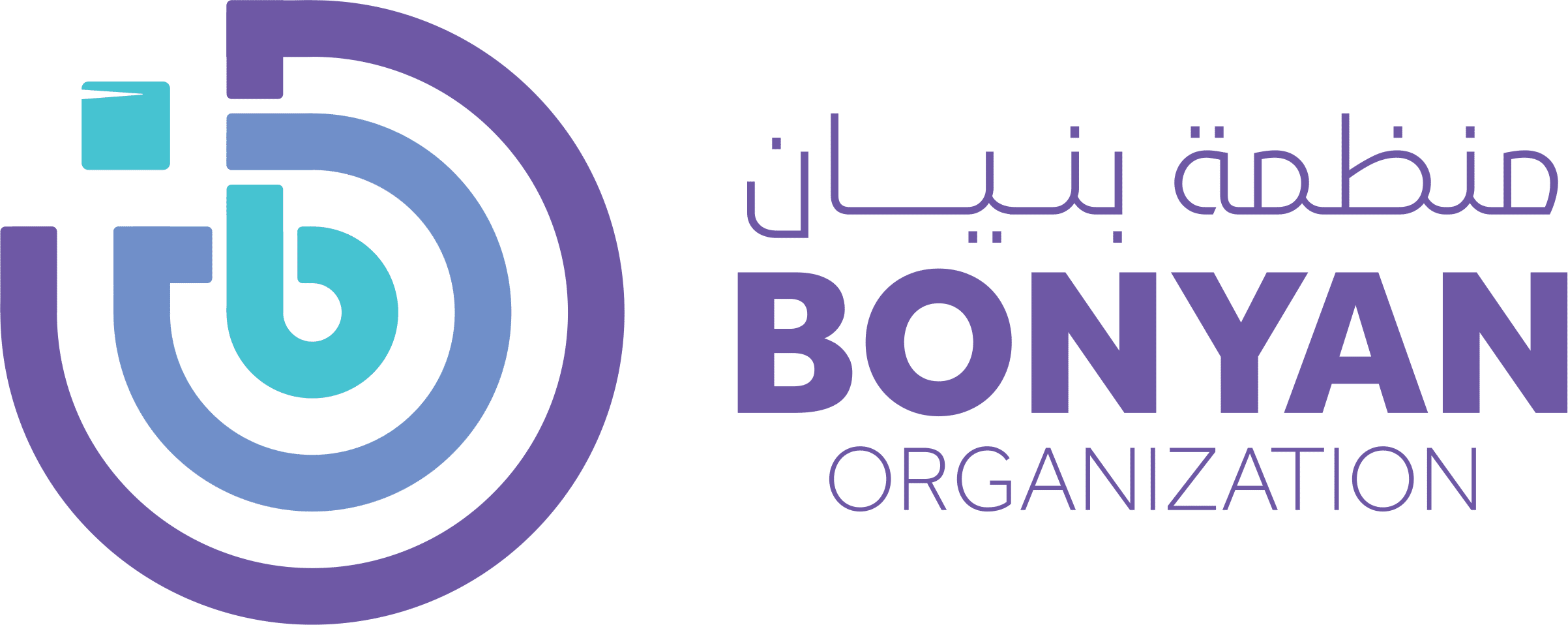As the crescent moon marks the beginning of Ramadan, the ninth month of the Islamic lunar calendar, millions of Muslims around the world embark on a spiritual journey marked by devotion, reflection, and self-discipline.
Ramadan is much more than a month of fasting; it is a sacred time that holds profound significance in the Islamic faith.
In this comprehensive exploration, we delve into the multifaceted aspects of Ramadan, unraveling its essence and exploring the religious, cultural, and personal dimensions that make it a transformative experience for Muslims.
What is Ramadan?
Ramadan in Arabic: رَمَضَان, also written Ramazan, Ramadhan, Ramdon, or Ramathan, is the ninth month of the Islamic calendar, observed by Muslims worldwide as a holy month of fasting, prayer, reflection, and community.
It is considered one of the Five Pillars of Islam and holds significant spiritual importance. Ramadan begins and ends with the appearance of the crescent moon, and the timing of its observance shifts earlier by 10–12 days each year due to the shorter duration of the Muslim calendar year compared to the Gregorian calendar.
During Ramadan, adult Muslims who are not acutely or chronically ill, traveling, elderly, breastfeeding, diabetic, or menstruating are obliged to fast from dawn to sunset.
This fasting period involves abstaining not only from food and drink but also from tobacco, sexual relations, and sinful behavior. The pre-dawn meal is called suhur, and the meal that breaks the fast at night is known as iftar.
The month is also marked by Laylat al-Qadr, the “Night of Power,” occurring on one of the last 10 nights of Ramadan. It is believed that on this night, Allah revealed the Qurʾān to Prophet Muhammad (Peace Be Upon Him).
Ramadan is a time of introspection, communal prayer in the mosque, and reading the Qurʾān. Muslims seek forgiveness for past sins through their observance of fasting, prayer, and faithful intention during this holy month.
Why is Ramadan important for Muslims?
Ramadan holds immense significance for Muslims due to its role as a period of spiritual reflection, self-improvement, and heightened devotion. Key reasons for its importance include:
1. Spiritual Growth: Ramadan is a time for Muslims to deepen their connection with Allah through increased devotion, prayer, and recitation of the Quran.
2. Self-Discipline: Fasting during Ramadan cultivates discipline, self-control, and empathy for those less fortunate, fostering personal growth and character development.
3. Commemoration of Revelation: It commemorates the revelation of the Quran to Prophet Muhammad (Peace Be Upon Him)on the “Night of Power” (Laylat al-Qadr), emphasizing the divine guidance offered by the holy book.
4. Community and Unity: Muslims come together in communal prayers (ṣalāt) at mosques, strengthening community bonds. The collective experience of fasting promotes a sense of unity and shared purpose.
5. Forgiveness and Redemption: Observing Ramadan with fasting, prayer, and sincere intention is believed to result in the forgiveness of past sins, offering a chance for spiritual renewal and redemption.
6. Acts of Charity: Ramadan encourages acts of charity and kindness, emphasizing generosity and compassion towards others in need.
What do Muslims do in Ramadan?
During Ramadan, Muslims engage in several religious practices and observances as part of their spiritual commitment.
Fasting (Sawm)
Fasting, known as Sawm, is the fourth Pillar of Islam observed during the month of Ramadan. It involves abstaining from food, drink, smoking, and sinful behavior from dawn until sunset, fostering self-discipline and spiritual purification.
The act of fasting, obligatory for all adult Muslims, aims to develop righteousness, both inwardly and outwardly, drawing individuals closer to Allah.
Taking place from Fajr (dawn) to Maghrib (sunset), fasting creates a spiritual atmosphere during Ramadan.
It is not merely a physical practice but a profound spiritual endeavor, encouraging virtues and strengthening the bond between Muslims and Allah.
Prayer (Salat)
During Ramadan, prayer (Salat) takes on a heightened significance in the Islamic faith. Muslims maintain the regular five daily prayers, but the spiritual impact of these rituals intensifies during this holy month.
Additionally, special nightly prayers known as Tarawih, performed in congregation at mosques, involve the recitation of extended portions of the Quran.
Quranic Recitation
Muslims focus on reading and reciting the Quran, Islam’s holy book. Many aim to complete the entire Quran during the month.
Charitable Acts (Zakat and Sadaqah)
Ramadan emphasizes acts of charity and kindness. During Ramadan, the concepts of Zakat and Sadaqah hold significant importance in Islam as acts of charity.
Zakat is an obligatory form of charity, one of the five pillars of Islam, where Muslims are required to give a percentage of their wealth to those in need. It is a structured form of charitable giving aimed at supporting the less fortunate and maintaining social justice.
Sadaqah, on the other hand, is a voluntary and spontaneous act of generosity and kindness, not bound by specific rules. Both Zakat and Sadaqah play a crucial role in fostering a spirit of compassion and communal support during Ramadan.
Night of Power (Laylat al-Qadr)
Laylat al-Qadr, also known as the Night of Power, is a significant event in Islam, believed to occur during the last ten nights of Ramadan. Its exact date is uncertain, with many Muslims observing it on the 27th night.
This night is considered holier than a thousand months and holds immense spiritual significance. Muslims believe that during Laylat al-Qadr, the first verses of the Quran were revealed to Prophet Muhammad. It is a time for increased devotion, prayer, and seeking divine guidance.
The Quran describes it as a night of peace until the break of dawn. Muslims engage in acts of worship, seeking forgiveness, and making supplications, as the rewards and blessings during this night are believed to be extraordinary.
Special Activities And Traditions In Ramadan
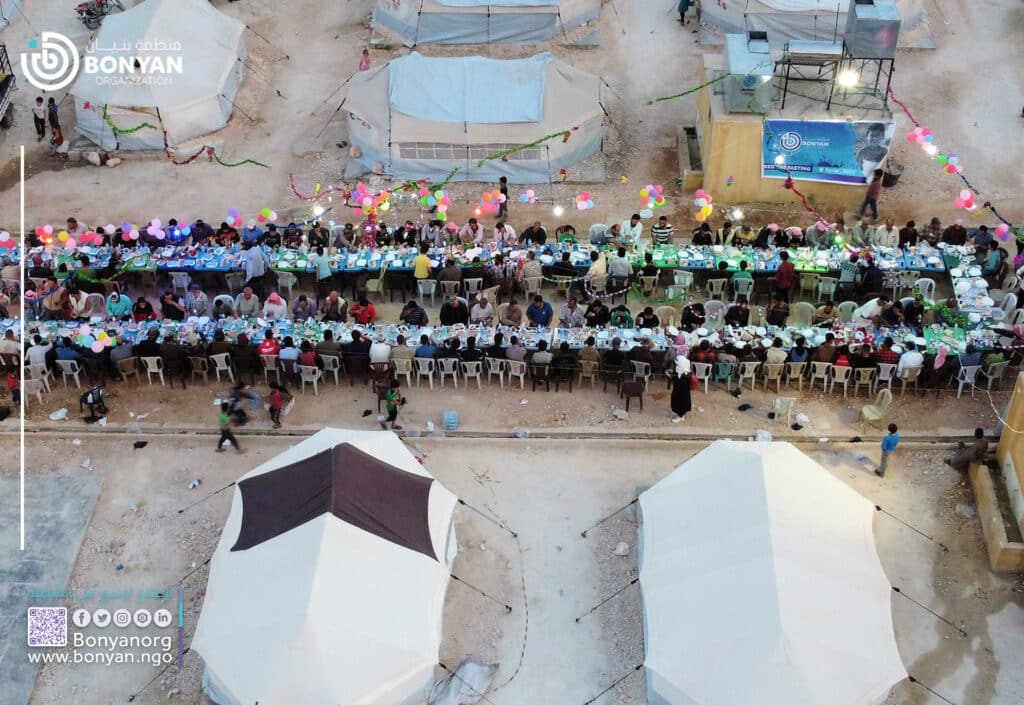
Collective Iftar
Collective Iftar in Ramadan is not merely a shared meal; it is a distinctive social tradition that fosters a sense of community and strengthens the bonds of unity among people.
This communal breaking of the fast is a manifestation of the interconnectedness and solidarity that characterize the month of fasting.
Families and friends come together, creating an atmosphere filled with camaraderie and love as they share in the joy of breaking their fasts collectively.
Ramadan decoration
Ramadan decoration and décor play a crucial role in infusing a sense of celebration and spirituality into the surroundings during the holy month. These adornments are diverse, reflecting various cultural traditions and individual tastes.
From the radiant glow of Ramadan lights to the intricate beauty of handmade decorations such as embroidered carpets, each element contributes to the creation of an environment that resonates with joy, reverence, and a shared cultural identity.
Banners and signs, adorned with expressions of happiness and solidarity, further contribute to the festive ambiance.
The Mesaharati
The Mesaharati tradition, rooted in the early years of Islam, holds a unique significance in Ramadan. The Mesaharati, with a drum or tambourine in hand and a traditional lantern lighting the way, takes to the streets during the quiet hours of the night.
Their spirited calls serve as a reminder for the community to wake up for the pre-dawn meal (suhoor) before the day of fasting begins.
Beyond its practical purpose, the Mesaharati tradition embodies a cultural and communal connection, acting as a unifying force that echoes through the neighborhoods, fostering a sense of togetherness and mutual support during the sacred month of Ramadan.
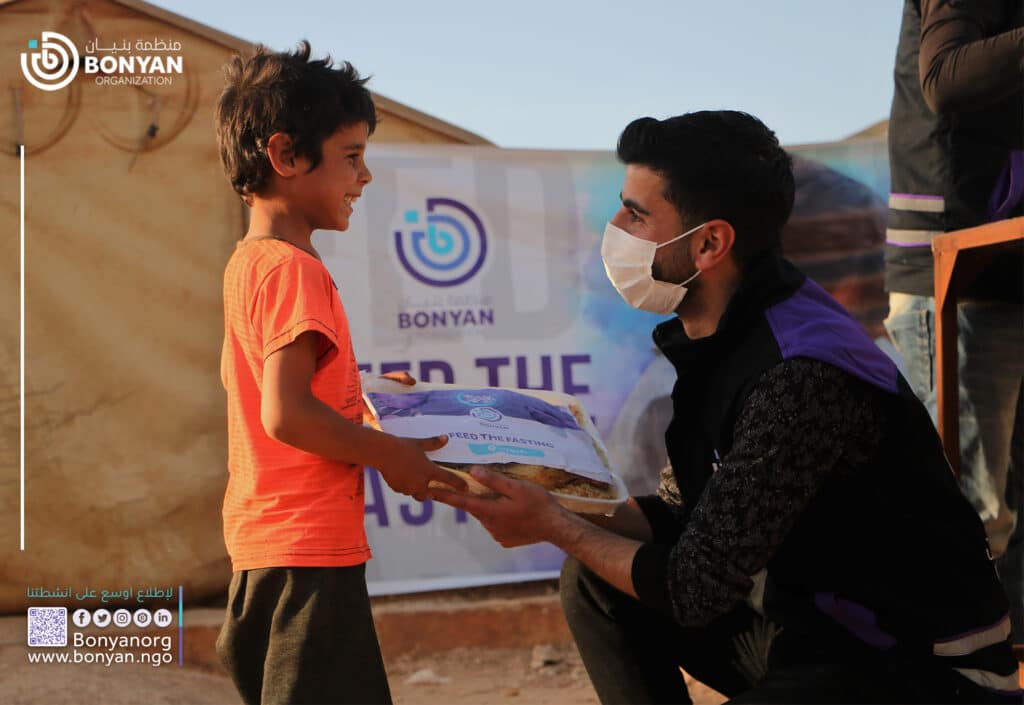
Eid al-Fitr
Eid al-Fitr is an Islamic festival that marks the end of Ramadan, the holy month of fasting observed by Muslims worldwide. The term “Eid al-Fitr” translates to “the feast of breaking the fast.” It is a joyous occasion celebrated with official receptions, private visits, greetings among friends and family, the exchange of presents, and the donning of new clothes.
Eid al-Fitr not only signifies the end of Ramadan but also commemorates the accomplishment of fasting from dawn to dusk during the entire month. It is a time for Muslims to come together, express gratitude, and engage in acts of charity and kindness.
Zakat al-Fitr
Zakat al-Fitr, also known as Fitrana, is a mandatory charitable donation in Islam that must be given before the Eid prayer, marking the end of Ramadan. This special obligatory alms is intended to purify those who fast from any indecent act or speech and to help the poor and needy.
It is obligatory for all Muslims, regardless of age, gender, or social status, to contribute Zakat al-Fitr before the conclusion of the month of fasting.
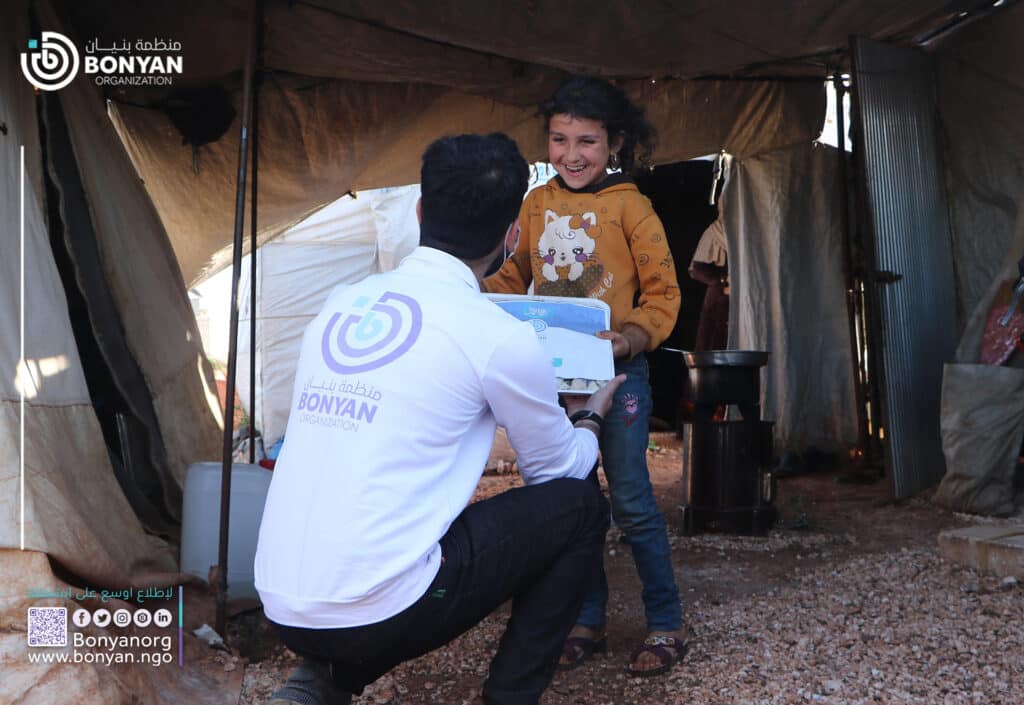
Health and Spiritual Impacts of Ramadan
Fasting during Ramadan is a practice that extends beyond religious significance, influencing both spiritual and physical aspects of individuals’ lives. Spiritually, Muslims view fasting as a means of purifying the soul, cultivating self-discipline, and fostering a deeper connection with Allah.
The month serves as an opportunity for increased prayer, introspection, and seeking forgiveness, contributing to personal spiritual growth and renewal.
On the health front, fasting during Ramadan is associated with several positive outcomes. It has been observed to improve the digestive system and aid in detoxification, leading to a sense of physical well-being. Additionally, physiological benefits include lowered blood sugar levels, reduced cholesterol, and improvements in systolic blood pressure, collectively contributing to cardiovascular health.
However, it’s crucial to note that fasting may bring about short-term side effects, including headaches, dizziness, fatigue, and low blood pressure.
It is important to practice healthy habits during this month. Make sure to stay hydrated by drinking plenty of water throughout the day and eating balanced meals when you break your fast at night.
Additionally, get plenty of rest so that your body has time to recover from the long days without food or drink.
When is Ramadan in 2024?
Ramadan in 2024 is expected to begin on or around March 11. The month of Ramadan is projected to last for 30 days, concluding at sundown on Monday, April 8, 2024.
However, these dates are tentative and may vary depending on the sighting of the moon.
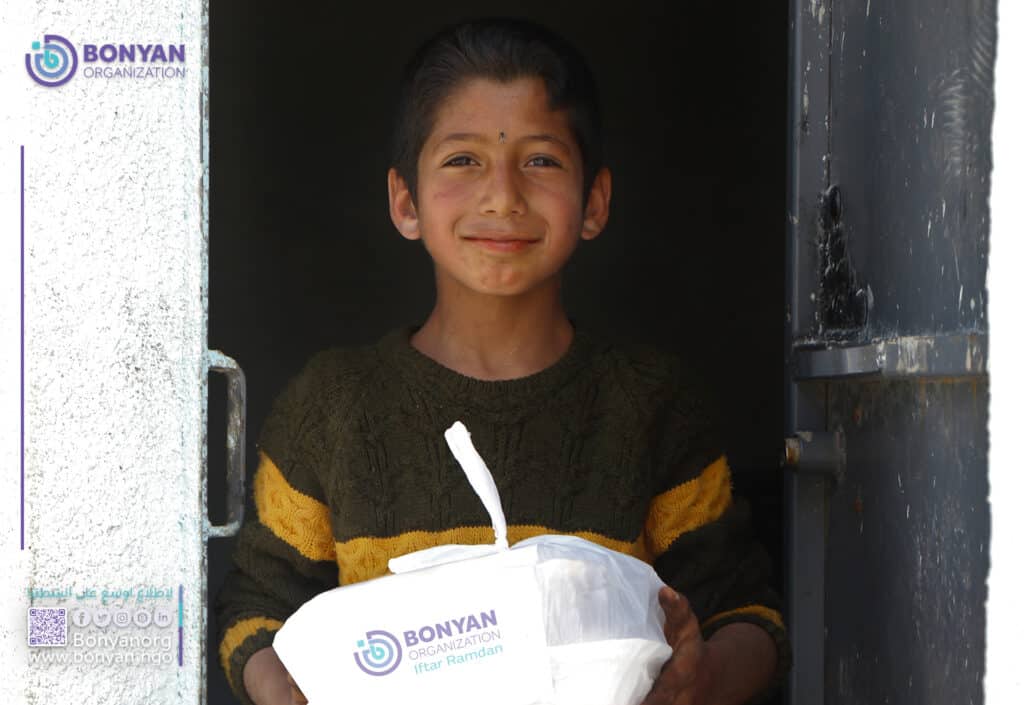
Take Advantage Of The Double Reward And Make A Donation During Ramadan
Seize the opportunity to earn double rewards during the blessed month of Ramadan. Make a donation with Bonyan and witness the impact of your generosity multiplied. Your support during this sacred time enables us to extend our charitable efforts to vulnerable communities in war-torn countries across the Middle East, such as Syria, Palestine, and Yemen.
By contributing to Bonyan’s Ramadan campaign, you’re not only providing essential aid to those in need but also benefiting from the increased blessings of this holy season. Your donation supports a variety of charitable initiatives, including providing iftar meals, distributing essential food packages, offering medical assistance, and ensuring access to clean water and sanitation.
Experience the joy of giving and make a lasting impact on the lives of those who are struggling. Take advantage of the double reward in Ramadan and contribute to Bonyan’s charitable endeavors, bringing hope and relief to those who need it most.
FAQs
What is Ramadan?
Ramadan is the ninth month in the Islamic calendar, a holy month for Muslims marked by fasting, prayer, reflection, and community.
How Long is Ramadan?
Ramadan’s duration is determined by the lunar Islamic calendar, lasting for 29 or 30 days. The exact length varies each year, as it depends on the sighting of the new moon.
In 2024, Ramadan is expected to begin on the evening of Sunday, March 10th, and conclude at sundown on Monday, April 8th, making it approximately 30 days long.
Why is Ramadan important?
Ramadan is a time for spiritual reflection, self-discipline, and increased devotion. It commemorates the month when the Quran was first revealed to Prophet Muhammad (Peace Be Upon Him).
Why do we fast in Ramadan?
Fasting in Ramadan serves a dual purpose in Islam. It is not just about abstaining from food and drink; it’s a transformative practice aimed at achieving God-consciousness (taqwa).
Muslims observe Ramadan as a period of self-discipline, spiritual reflection, and empathy for the less fortunate, striving to embody Islamic ethics throughout the month.
Fasting purifies the soul, demonstrates solidarity with the needy, and enhances qualities of righteousness (taqwa), fostering spiritual growth and moral development.
Fasting in Ramadan is a holistic practice that aligns believers with Islamic principles, fostering heightened spirituality, compassion, and adherence to the teachings of Islam.
Are All Muslims Required to Fast During Ramadan?
Yes, fasting during the month of Ramadan is considered one of the Five Pillars of Islam, and it is obligatory for all adult Muslims, with few exceptions.
Exceptions to fasting include individuals who are physically incapable due to illness, travelers, pregnant or nursing women, children who have not reached puberty, and menstruating women.
In such cases, individuals may be exempt from fasting but are often required to make up for the missed fasts at a later time or provide an alternative form of compensation.
What is Forbidden During Ramadan?
Several activities are forbidden during Ramadan, as adhering to certain restrictions is a fundamental aspect of observing this sacred month in Islam.
1. Eating and Drinking: Muslims are required to abstain from consuming any food or drink, including water, from dawn until sunset during Ramadan.
2. Smoking: Smoking is prohibited during fasting hours, as it involves inhaling substances, which contradicts the fasting principles.
3. Engaging in Sexual Activity: Sexual intercourse during fasting hours is strictly forbidden. Those who engage in it must make up for the fasts and offer expiation by fasting for an additional 60 days.
4. Lying, Swearing, and Arguing: Muslims are encouraged to refrain from engaging in negative behaviors such as lying, swearing, and arguing during Ramadan.
5. Laziness and Inactivity: Fasting is not only about abstaining from physical needs but also about engaging in positive actions. Laziness and inactivity are discouraged during this month.
How is the start date of Ramadan determined?
The start of Ramadan is determined by the sighting of the new moon. Islamic scholars or local authorities confirm the moon’s sighting, signaling the beginning of the month.
How long do Muslims fast each day?
Muslims fast from dawn to sunset daily throughout the month of Ramadan.



